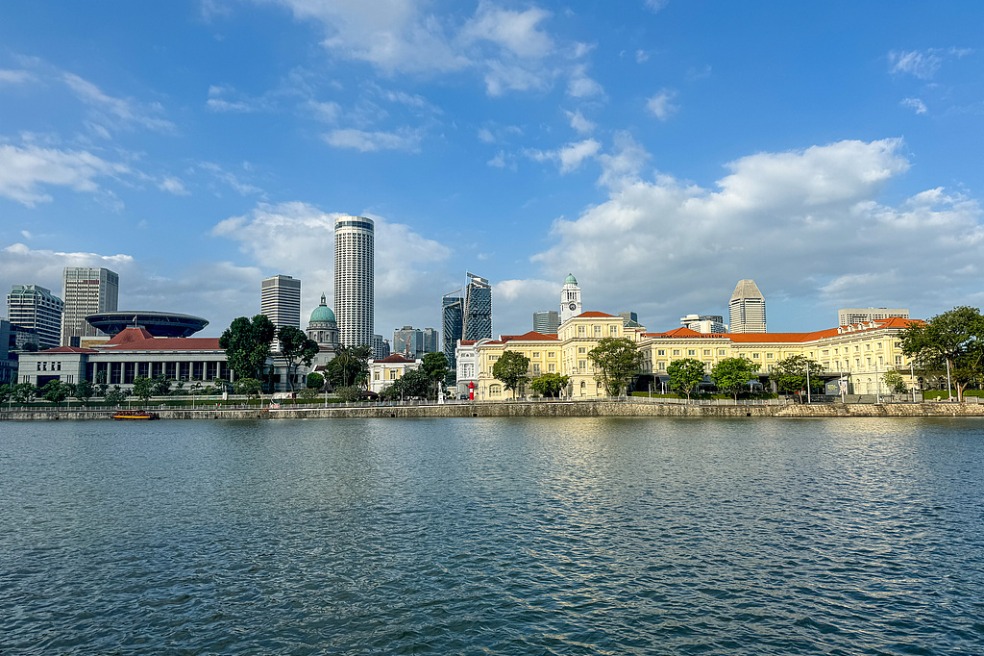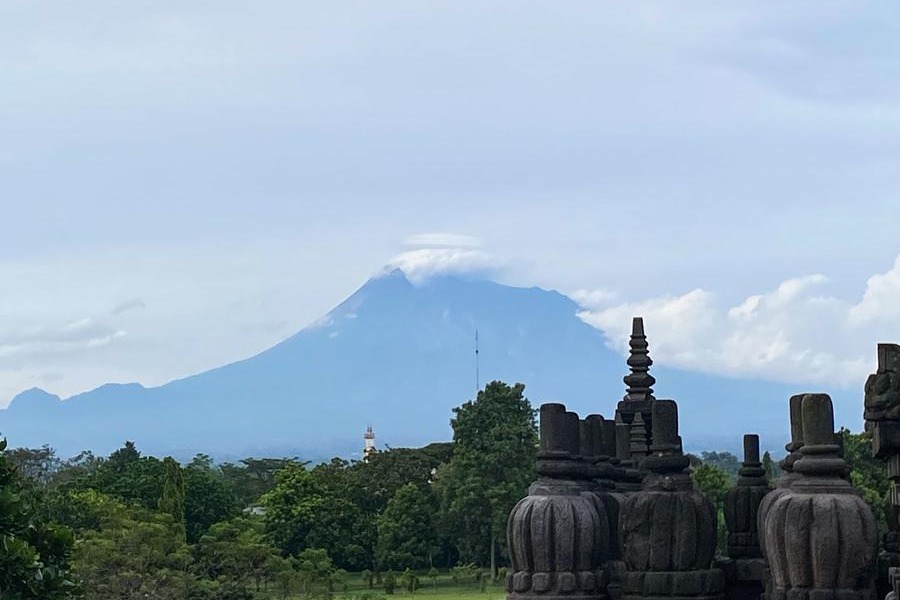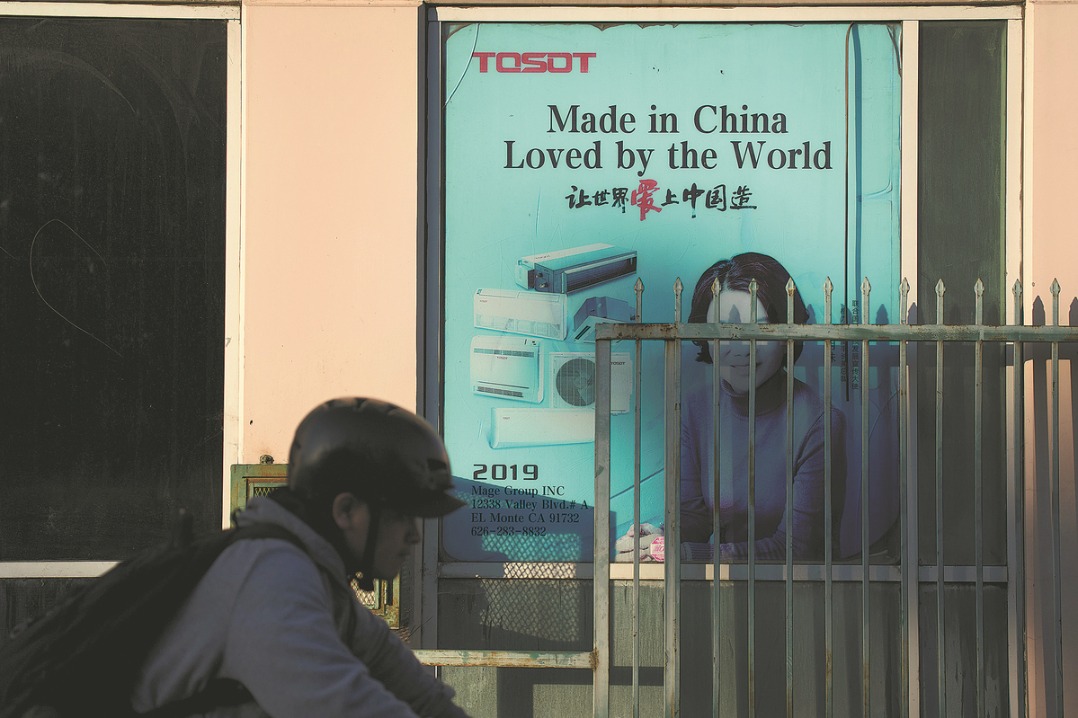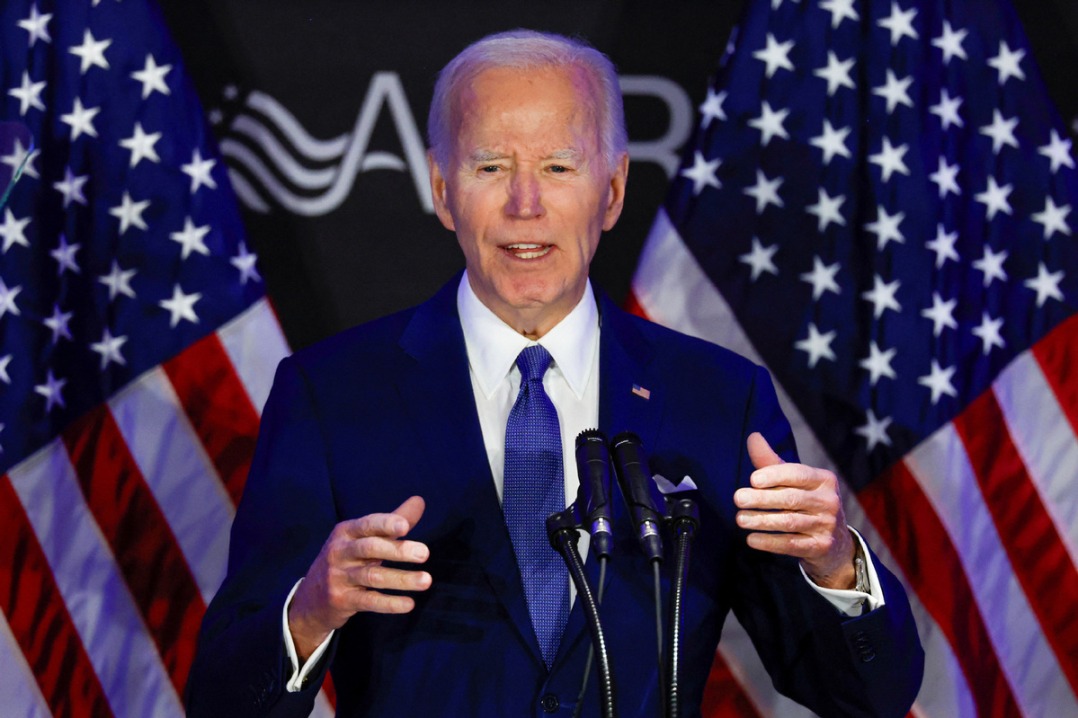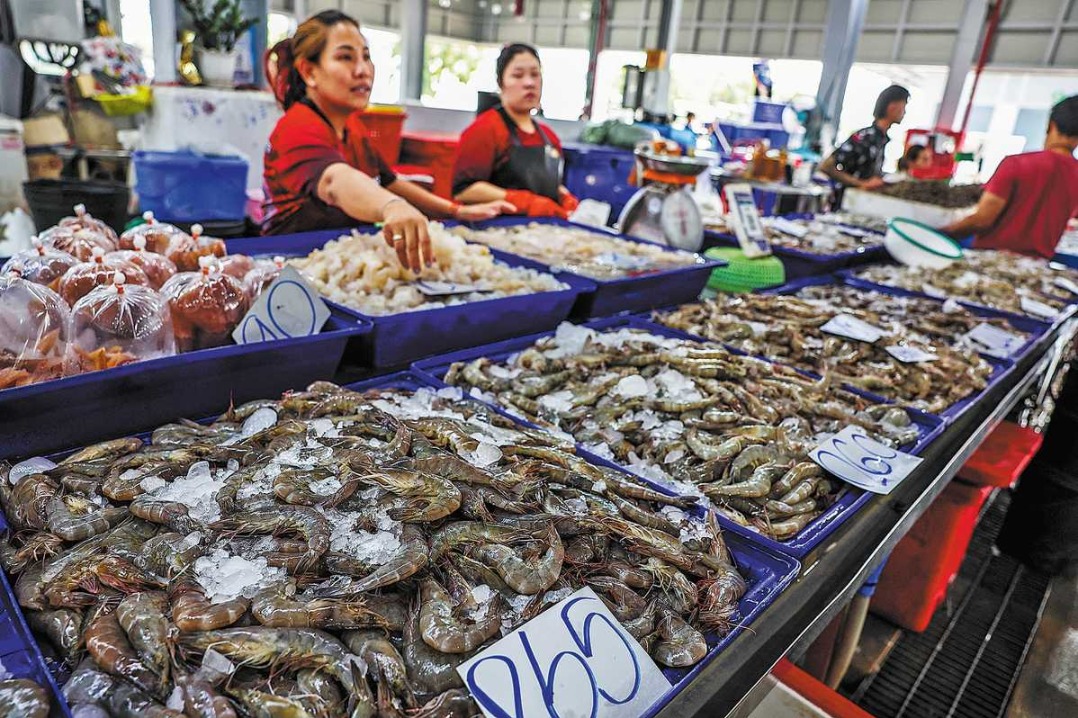Living cost key issue in Singapore elections

Singapore's national election on May 3 will serve as the first electoral test for Prime Minister Lawrence Wong and the fourth-generation leadership of the ruling People's Action Party.
Voters head to the polls as the city-state grapples with domestic and external challenges — from rising cost of living in one of the world's most expensive cities to geopolitical uncertainties that threaten its open economy.
Analysts said the PAP, in power since Singapore's independence in 1965, could be "under pressure" to win the popular vote, despite the country's "first-past-the-post" system to elect its parliament.
The election date was announced after President Tharman Shanmugaratnam dissolved parliament on Tuesday.
Candidates will compete for 97 seats across 33 constituencies — with 11 parties, including two opposition alliances, expected to participate.
Nomination Day is set for April 23, kicking off a nine-day campaigning period.
In a statement on X, Wong said the global conditions that enabled Singapore's success in the past few decades "may no longer hold".
"That is why I have called this general election. At this critical juncture, Singaporeans should decide on the team to lead our nation, and to chart our way forward together."
This will be the first election under Wong's leadership since he was sworn in as Singapore's fourth prime minister in May last year.
Bilveer Singh, an associate professor in the Department of Political Science, National University of Singapore, said Wong is "under pressure to get the popular vote" for the PAP.
The rising cost of living is "the mother of all issues" in the elections, Singh said, citing widespread concerns over property prices, electricity bills, and the goods and services tax.
While higher tariffs imposed by the United States are a major concern for Singapore as a key trading center in Asia, he said rising consumer prices remain top of the mind for most voters.
However, he added, younger voters have other priorities beyond bread-and-butter issues. "They are more focused on hope, equality and fairness."
Rohan Gunaratna, a professor in the S. Rajaratnam School of International Studies, Nanyang Technological University in Singapore, said an aging population, rising cost of living, housing needs, jobs, and a growing demand for healthcare are the key election issues.
Mitigating challenges
However, he believes that the PAP-led government has mitigated these challenges and may again win this year's elections.
For James Chin, a professor of Asian studies at the University of Tasmania in Australia, the uncertainties caused by higher US tariffs may bolster the PAP's chances in the polls.
"Because we know from past elections, when there's a lot of uncertainty, people always vote for the incumbent government because they are worried that if they let somebody else win, you create even more uncertainty," he said.
He described PAP as "the most successful political party" in Southeast Asia.
While he expects the PAP to remain the dominant party in Singapore, Wong's big challenge is whether his party can secure at least 60 percent of the popular vote.
The percentage of the popular vote "is the most important thing to watch out for" in the Singaporean elections, he said.
Mustafa Izzuddin, a senior international affairs analyst with policy and business consultancy Solaris Strategies Singapore, forecasts that PAP will retain its dominance.
However, he said there is a chance that dominance could get chipped away, depending on how many electoral seats the opposition, in particular the Workers' Party, wins.
















